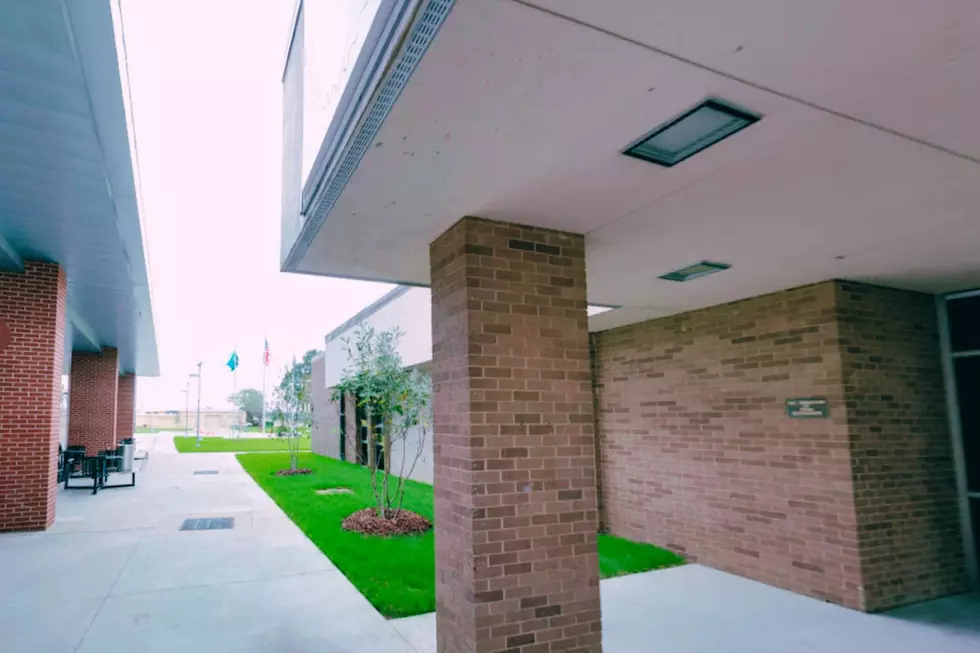
AirBNBs Allowed To Remain in Lafayette
Short-term rental properties will continue to operate in the city of Lafayette.
The Lafayette Board of Zoning Adjustment denied an appeal from residents of a central Lafayette neighborhood to overturn zoning director Mary Sliman's decision to allow short-term rental properties within city limits. The 3-2 vote came after three hours of public comments on the matter. Garland Pennison and board chairman Chris German voted against the denial.
The appeal stemmed from a complaint about a single property on Iris Lane.
Gordon Schoeffler, a lawyer and neighbor, told the zoning board he and his fellow neighbors were worried about "transient neighbors" who came and went from the house. Other nearby residents, like Jeanne Langlinais, asked the board to overturn the decision spoke of their fear for their children's safety, especially when finding strangers standing outside near their homes early in the morning.
Mike Bass, the owner of the property, told the board that he has invested more than $70,000 in the property since buying it in 2008. Bass said him home was a rental property before he purchased it. He also said since he began using the home as a short-term rental house, he has not received any nuisance complaints from the police. He also pointed out that he regularly checks on the property to insure renters comply with the rules and guidelines set forth in the agreements renters sign.
Erin Bass, who along with her husband Mike owns the property, told the board they are not indifferent to the situation. She says she sees the rental property as an extension of their own yard because it's separated from their house by a gate. She also noted that her in-laws stay on the property when they are in town visiting. She says she and her husband are diligent in making sure renters, whom she says are mostly families, stay quiet and follow the rules. In fact, Bass says the reviews she's received from renters noted how quiet and friendly the neighborhood is.
André Comeaux, an owner of a short-term rental property on Memory Lane, spoke against the appeal. He said he's hosted families from around the world at that property. He said owning an AirBNB property has allowed him to share Acadiana's culture with those visitors. He concluded his remarks by saying the city should welcome and encourage short-term rentals instead of trying to discourage them.
Pat Mould, the vice president of programming for Festivals Acadiens et Créoles and the owner of two short-term rental properties, also spoke against the appeal. He said a string of bad long-term tenants led him to list his properties as an AirBNB. He says since then, he's not had any missed rental payments and minor property damage. Mould added that the income from the short-term rental properties serve as his retirement income. Mould also highlighted the fact that his properties are near downtown, which allows his renters to visit local restaurants and take in the the area's nightlife and festivals.
Rosemary Turpie spoke in favor of the appeal. She lives near the Bass's home and short-term rental property. She says some of the people who have rented from the Basses have put up tents in the back yard. Turpie said other renters loudly cursed while outside, causing nuisances.
Sondra Morrow also spoke in favor of the appeal. Morrow said the short-term rental properties amount hotels and motels in residential areas. She says these properties amount to unregulated businesses. Morrow says the city government needs to find a way to regulate these properties so their owners, neighbors, and city leaders can move forward on the issue.
Ultimately, the vote hinged on a technicality.
An attorney for LCG's planning and zoning department told the board that the only way they could overturn Sliman's decision is if they found she made an error in interpreting the existing zoning code. The attorney said under the current zoning code, all rentals--short- and long-term--are allowed under the residential single-family zoning district. The attorney also noted that short-term rentals present the same type of traffic and noise risks that other single-family residential properties, including long-term rentals, do.
Guess Louisiana Cities from Satellite Photos
*What Makes Acadiana Such a Great Place to Live
10 Smallest Towns in Louisiana
More From News Talk 96.5 KPEL









